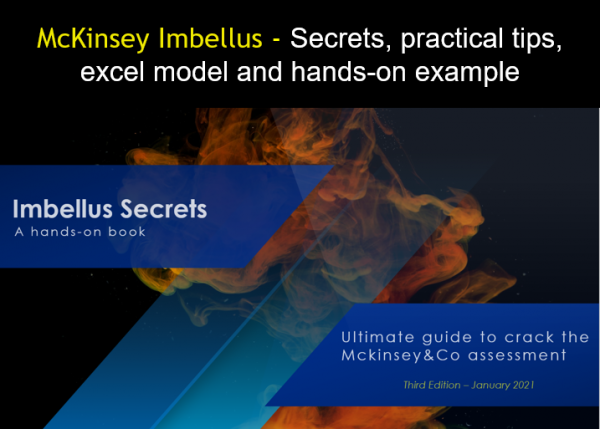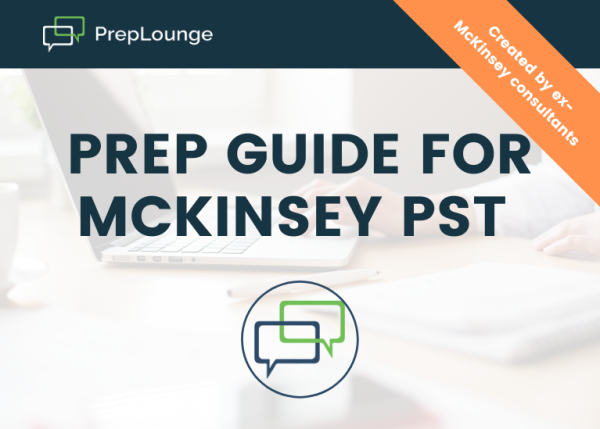I was curious what happens behind the scenes when interviewers discuss your performance. If you made some math mistakes in one interview and aced qualitative aspects but had the reverse situation in the 2nd interview (aced the math but not so great with brainstorming)..would they let you pass? I hear they look for patterns, so if you messed up math in both interviews then clearly it's a pattern and math needs to be improved but if you don't have a pattern of mistakes then do you have a greater chance of passing?
(edited)










